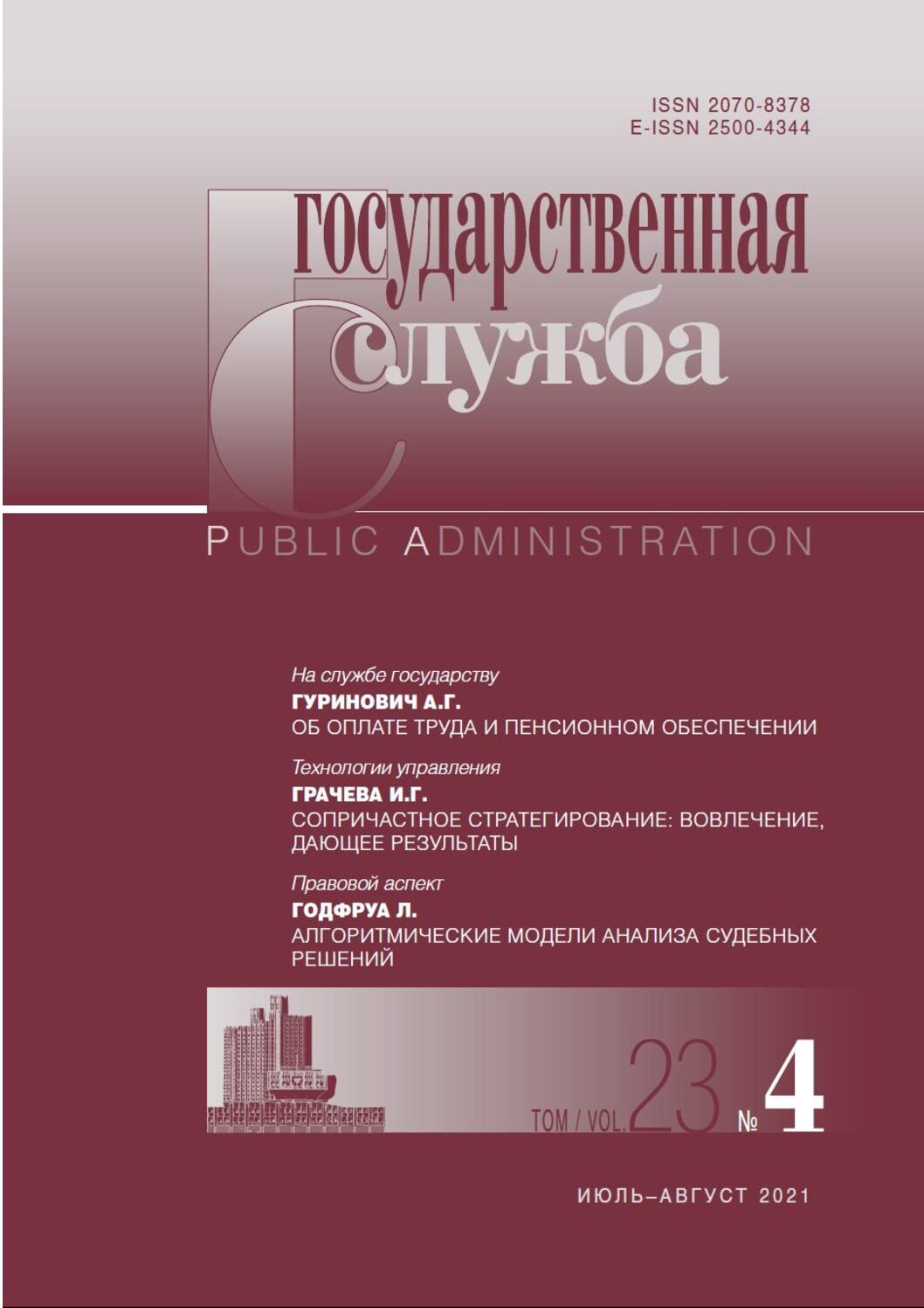Recommended link to article:
ALEXANDER OLEGOVICH BUCHNEVа
аJSC Transneft
DOI: 10.22394/2070-8378-2021-23-4-51-58
Abstract:
The article discusses the environmental features of the active use of renewable energy and its impact on the decarbonization process on the example of the EU countries to achieve sustainable development goals. The materials consider the comparative assessment of environmental impacts of renewable and nuclear energy in the context of assessing the carbon footprint of these types of energy, comparative analysis of harmful substances over the life cycle of an electric power generator, and the possibility of referring nuclear energy to renewable energy sources. The article discusses the stimulating role of the EU Taxonomy regulatory document, which was specially developed in the European Union. The document is part of the state regulatory policy in the conjugate development of renewable and non-renewable energy; the paper provides active support to subjects of innovation and investment activities, demonstrating the best performance in their segment or industry in terms of greenhouse gas emissions, and does not prevent the development and implementation of new low-carbon alternatives, including based on ESG. Particular attention is paid to the disposal of end-of-life equipment, including such promising areas as solvolysis technology. The author offers a number of recommendations for further improvement in this area of activity. The article shows the role of environmental costs in the tariffs for electricity production from different types of primary energy sources. The author examines the contribution of national economies of countries outside the European Union that have stabilized and reduced carbon dioxide emissions on a global scale.
Keywords:
renewable energy sources, the ratio of renewable and non-renewable energy, ecology of renewable energy, ESG, carbon-free development of the economy
Received:
August 12, 2021
References:
Alferov Zh.I. To the publication of the Russian edition of the book “The long road to IRENA”. Moscow: Ekologiya i zhizn, 2010. In Russian
Bakshtanin A.M., Glazunova I.V., Matveeva T.I. Developing renewable energy sources in the EU countries. Nauchnye issledovaniya I innovatsii. 2021. No. 2. P. 13-17. In Russian
Gromov A. New energy policy in EU: Will RES and hydrogen replace Russian gas? Energeticheskaya politika. 2020. No. 9. P. 16-31. In Russian
Chugaev L.A. Dmitry Ivanovich Mendeleev: Life and Work. L.: Nauchnoye khimiko-tekhnicheskoye izdatelstvo, 1924. In Russian
Mandil K. “Energy Statistics Manual” by the International Energy Agency. IEA Publications, Paris Cedex. 15, 2007. In Russian
Pusenkova N.I. Decarbonization policy of European and American oil companies. Obshchestvo i ekonomika, 2021. No. 5. P. 50–68. In Russian
Articles in Open Access mode are published under the Creative Commons Attribution 4.0 International (CC BY) license.

